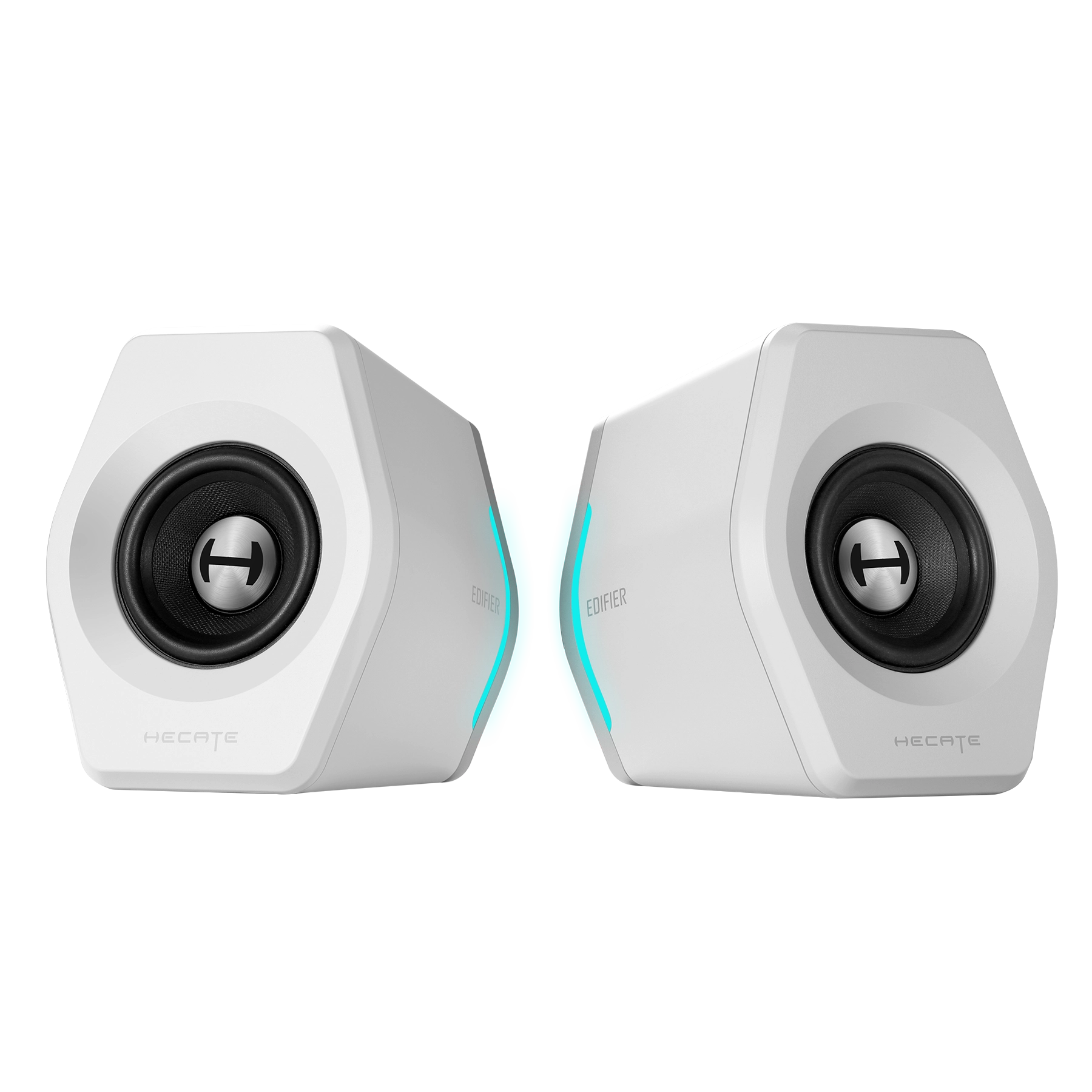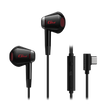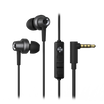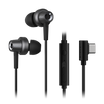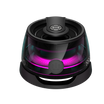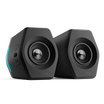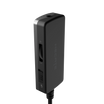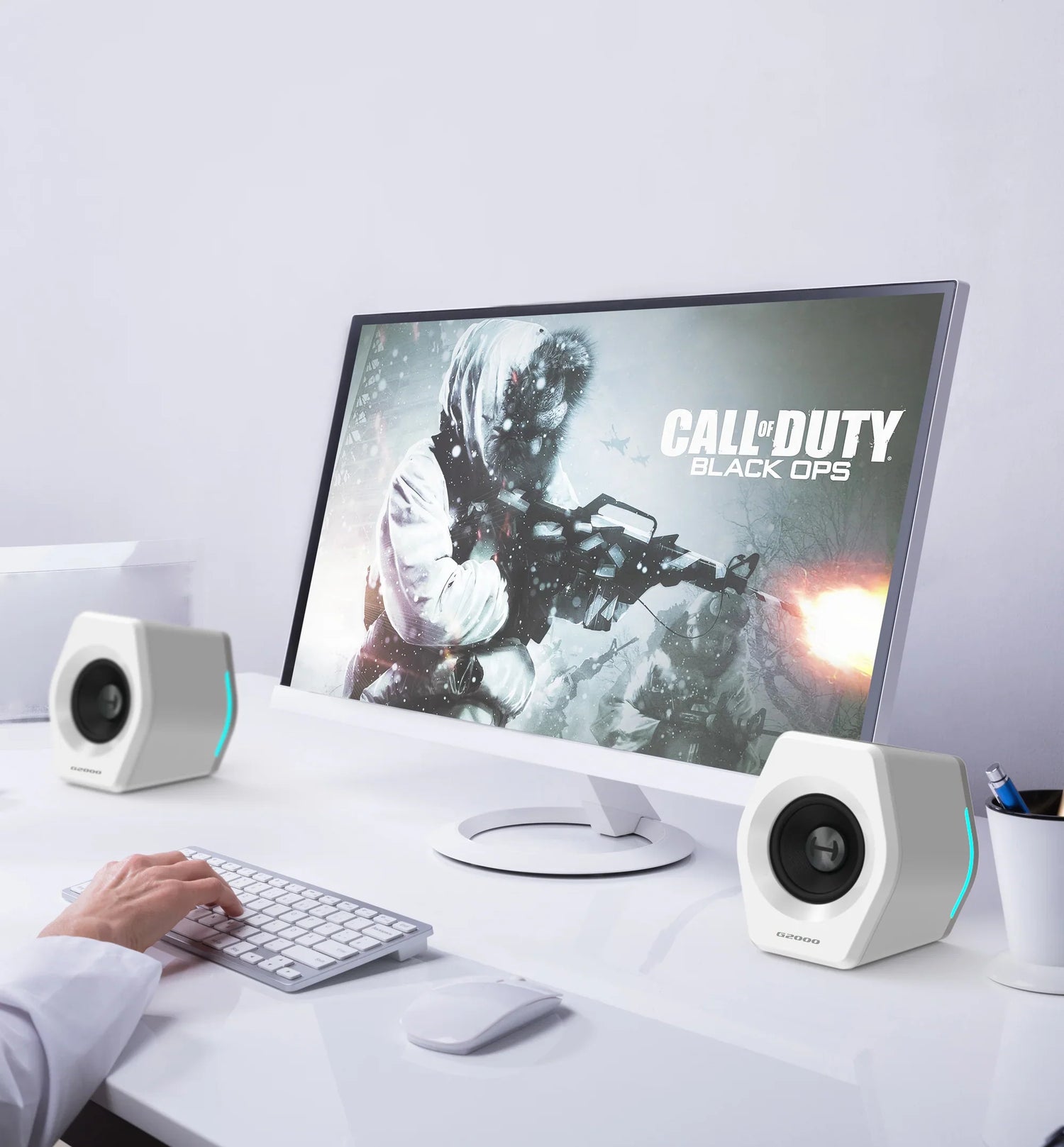Choosing the right speaker can significantly enhance your audio experience, whether you're a music enthusiast, a movie buff, or a gamer. With countless options available, making an informed decision can seem daunting.
1. Determine Your Needs
Before diving into the technical details, it's crucial to identify your primary use case for the speaker. Ask yourself:
- Will you primarily use the speaker for music, movies, gaming, or a combination of these?
- Do you need a portable speaker, or will it stay in one place?
- What is the size of the room where the speaker will be used?
Understanding your needs will help narrow down your options and focus on the features that matter most to you.
2. Types of Speakers
There are various types of speakers, each designed for different purposes. Here are some common categories:
-
Bookshelf Speakers: Compact and versatile, ideal for small to medium-sized rooms.
- Floor-standing Speakers: Larger and more powerful, perfect for home theaters and spacious areas.
- Portable Bluetooth Speakers: Convenient for on-the-go use, with wireless connectivity.
- Soundbars: Sleek and space-saving, great for enhancing TV audio.
- Gaming Speakers: Designed with features like surround sound and RGB lighting to enhance the gaming experience.

3. Sound Quality
Sound quality is paramount when choosing a speaker. Consider the following aspects:
- Frequency Response: Indicates the range of sounds the speaker can produce. A wider range typically means better sound reproduction.
- Sensitivity: Measured in decibels (dB), this indicates how loud the speaker can get. Higher sensitivity means the speaker can produce more sound from less power.
- Impedance: Measured in ohms, this affects how much power the speaker needs. Most home audio speakers are between 6 and 8 ohms.
- Driver Configuration: Multiple drivers (tweeters for highs, midrange drivers for mids, and woofers for lows) usually result in better sound quality.
4. Power and Size
The power rating, measured in watts, indicates the speaker's ability to produce sound at high volumes without distortion. Consider both the peak power (maximum output) and RMS power (continuous output). Additionally, the physical size of the speaker should match your available space and intended use.
5. Connectivity Options
Ensure the speaker has the connectivity options you need:
- Wired Connections: Look for RCA, 3.5mm, optical, and HDMI inputs.
- Wireless Connectivity: Bluetooth, Wi-Fi, and AirPlay allow for flexible placement and streaming from various devices.
- Multi-room Capability: Some speakers support multi-room audio, allowing you to sync music across different rooms.
6. Brand and Budget
While brand reputation can be a good indicator of quality, it's essential to balance this with your budget. Some well-known brands include:
- High-End: Bose, Sonos, Bowers & Wilkins, KEF
- Mid-Range: Airpuls, JBL, Sony, Polk Audio, Klipsch
- Budget: EDIFIER, Anker, Tribit, Creative
Set a budget before shopping, and read reviews to find the best options within your price range.
7. Additional Features
Consider additional features that might enhance your experience:
- Smart Features: Voice assistants like Amazon Alexa, Google Assistant, or Apple Siri.
- Battery Life: For portable speakers, longer battery life means more extended use without needing a recharge.
- Durability: Water resistance and rugged build are crucial for outdoor and portable speakers.
- Aesthetic Design: Choose a speaker that complements your room decor.
8. Final Tips
- Listen Before You Buy: If possible, test the speaker in person to evaluate its sound quality.
- Read Reviews: Look for expert and user reviews to gather insights on performance and reliability.
- Check the Return Policy: Ensure you can return or exchange the speaker if it doesn't meet your expectations.
Picking the perfect speaker involves considering your specific needs, understanding the different types of speakers, and evaluating key features such as sound quality, power, connectivity, and additional functionalities. By focusing on these factors and doing thorough research, you'll be well-equipped to choose a speaker that enhances your audio experience, whether you're enjoying music, watching movies, or playing games.




